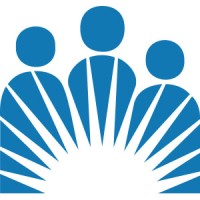FAQs
What are the primary responsibilities of a Medical Assistant in a primary care setting?
The primary responsibilities of a Medical Assistant in a primary care setting include providing clinical and administrative support to clinicians, delivering quality healthcare services to patients, and communicating effectively with both patients and other members of the healthcare team.

